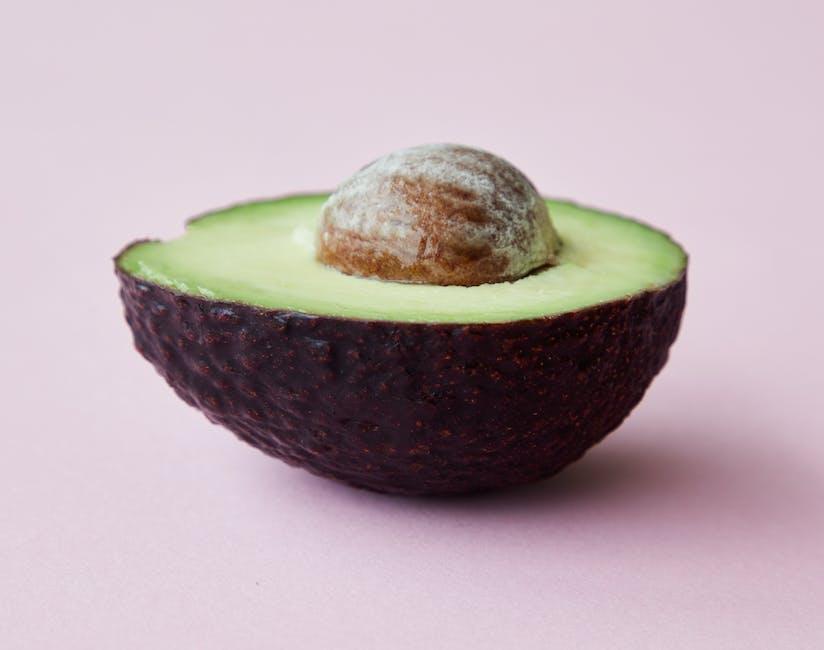Introduction
In today’s fast-paced world, our bodies are constantly bombarded with environmental toxins, stress, and unhealthy diets. These factors can take a toll on our liver, the vital organ responsible for detoxification and maintaining overall health. Luckily, there is a powerful antioxidant called glutathione that plays a crucial role in protecting and nourishing our liver. In this article, we will explore the benefits of glutathione for liver health and how you can incorporate it into your daily routine.
What is Glutathione?
Glutathione is often referred to as the “master antioxidant” due to its essential role in neutralizing harmful free radicals in the body. It is produced naturally by our cells and is made up of three amino acids: cysteine, glycine, and glutamine. This antioxidant not only protects our cells from damage but also helps to regenerate other antioxidants such as vitamins C and E.
The Importance of Liver Health
Before delving into the benefits of glutathione for liver health, let’s first understand why maintaining a healthy liver is crucial for overall well-being. The liver performs numerous vital functions such as:
- Detoxification: The liver filters out toxins from the bloodstream.
- Metabolism: It plays a key role in metabolizing drugs and nutrients.
- Protein Synthesis: The liver produces proteins necessary for blood clotting.
- Bile Production: Bile aids in digestion by breaking down fats.
- Storage: It stores essential vitamins (A, D, E) and minerals (iron).
Any impairment or damage to the liver can lead to serious health issues such as fatty liver disease, hepatitis infections, or even cirrhosis.
Glutathione’s Role in Liver Health
Now that we understand the importance of liver health, let’s explore how glutathione specifically benefits this vital organ.
1. Detoxification Support
Glutathione acts as a potent detoxifier by binding to toxins and facilitating their elimination from the body. It helps neutralize harmful substances such as heavy metals, pesticides, and alcohol. This detoxification process helps reduce the burden on the liver and promotes its proper functioning.
2. Antioxidant Protection
As mentioned earlier, glutathione is a powerful antioxidant that fights against free radicals in our body. These free radicals can damage cells and contribute to oxidative stress, leading to inflammation and various diseases. By neutralizing these harmful molecules, glutathione protects liver cells from damage and maintains their overall health.
3. Immune System Support
A healthy immune system is essential for optimal liver function. Glutathione plays a crucial role in supporting immune function by enhancing the production of white blood cells, which are responsible for fighting off infections and foreign invaders in the body.
4. Liver Regeneration
The liver has an impressive ability to regenerate itself after injury or damage; however, this process requires ample amounts of antioxidants like glutathione for efficient healing. By promoting cell growth and repairing damaged tissues, glutathione aids in the regeneration process of the liver.
How to Increase Glutathione Levels?
Now that we understand why glutathione is essential for liver health let’s explore how we can increase its levels in our body naturally.
- Consume Foods Rich in Glutathione: Certain foods are naturally high in glutathione content such as avocados, spinach, broccoli, garlic, walnuts, citrus fruits (oranges), tomatoes.
- Supplementation: If you find it challenging to obtain sufficient amounts of this antioxidant through diet alone or have specific medical conditions affecting your ability to produce it, supplementation may be an option. Cellgevity, from Max International is a recommended Glutathione precursor.
- Exercise Regularly: Engaging in regular physical activity has been shown to increase glutathione levels in the body. Aim for at least 30 minutes of moderate-intensity exercise most days of the week.
- Get Adequate Sleep: Quality sleep is crucial for overall health, including optimal glutathione production. Aim for 7-8 hours of uninterrupted sleep each night.
- Manage Stress Levels: Chronic stress can deplete our body’s antioxidant reserves, including glutathione. Incorporate stress-reducing activities into your daily routine such as meditation, yoga, or deep breathing exercises.
It is important to note that while increasing dietary intake or using supplements may help raise glutathione levels, the body’s ability to absorb and utilize external sources of this antioxidant can vary significantly.
Frequently Asked Questions (FAQs)
1. Can excess alcohol consumption deplete glutathione levels?
Yes, excessive alcohol consumption can deplete glutathione levels in the liver due to increased oxidative stress and toxin overload.
2. Are there any side effects associated with supplemental use of glutathione?
Generally, supplemental use of glutathione is considered safe; however, some individuals may experience mild side effects such as stomach upset or allergic reactions. It is advisable to consult with a healthcare professional before starting any new supplements.
3. Can certain medications affect glutathione production?
Yes, certain medications like acetaminophen (Tylenol), chemotherapy drugs, and some antibiotics can deplete or inhibit the production of glutathione in the liver.
4. Is it possible to measure one’s own level of intracellular glutathione?
Yes, specialized laboratories offer tests that measure intracellular (inside cells) levels of glutathione. These tests can provide insights into an individual’s antioxidant status and help guide supplementation if necessary.
5. Can glutathione help improve skin health?
Glutathione has gained popularity for its potential skin-lightening effects, as it inhibits the production of melanin, the pigment responsible for skin color. However, further research is needed to fully understand its efficacy in this regard.
Conclusion
In conclusion, glutathione plays a vital role in protecting and nourishing our liver. With its powerful antioxidant properties and ability to support detoxification and immune function, it is an essential component of maintaining optimal liver health. By incorporating glutathione-rich foods into your diet, engaging in regular exercise, managing stress levels, and considering supplementation if necessary, you can ensure that your liver receives the care it deserves. Prioritize liver health today for a healthier tomorrow!
SEO meta-description: Discover the powerful antioxidant glutathione and its benefits for liver health. Learn how to increase glutathione levels naturally through diet, exercise, and supplementation.

